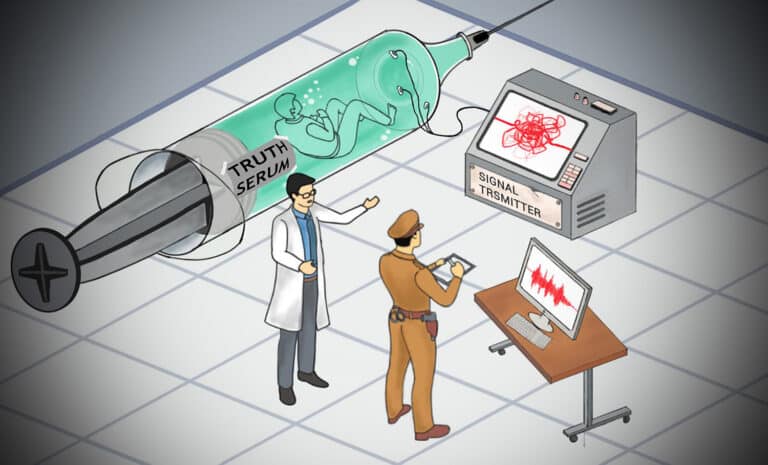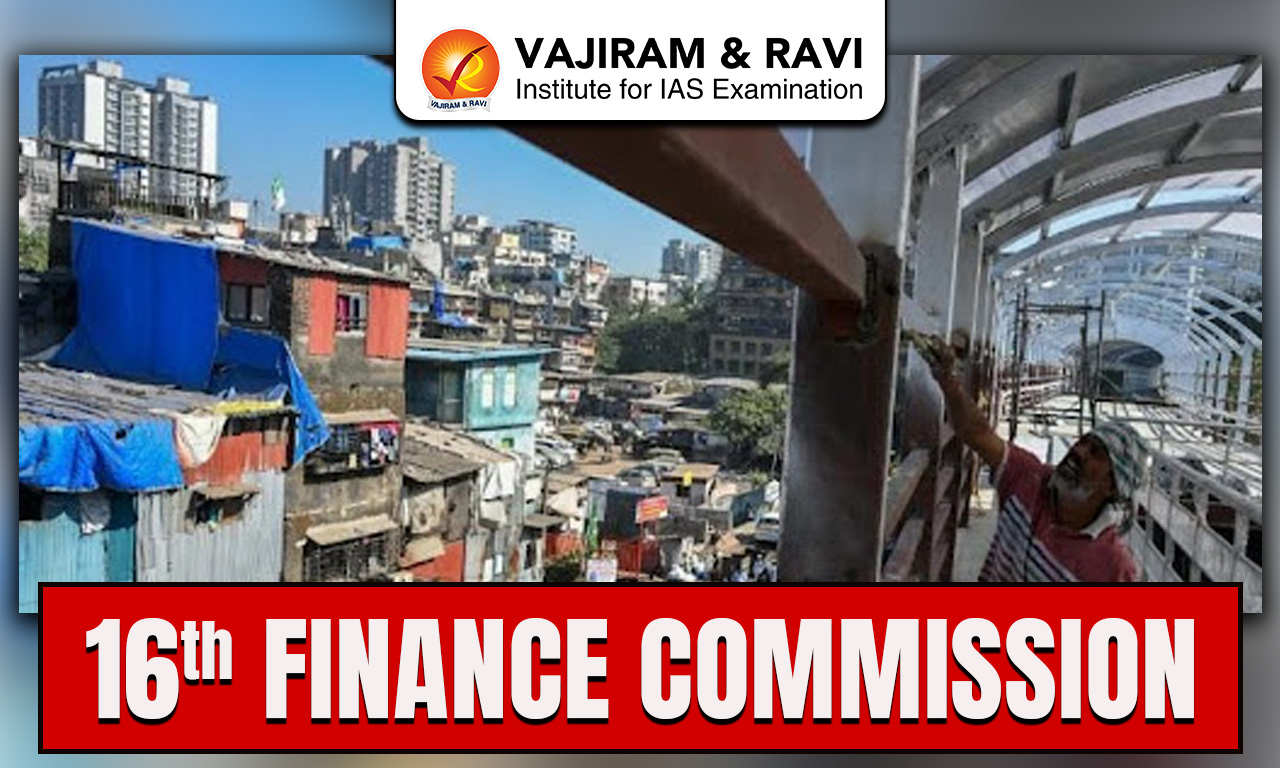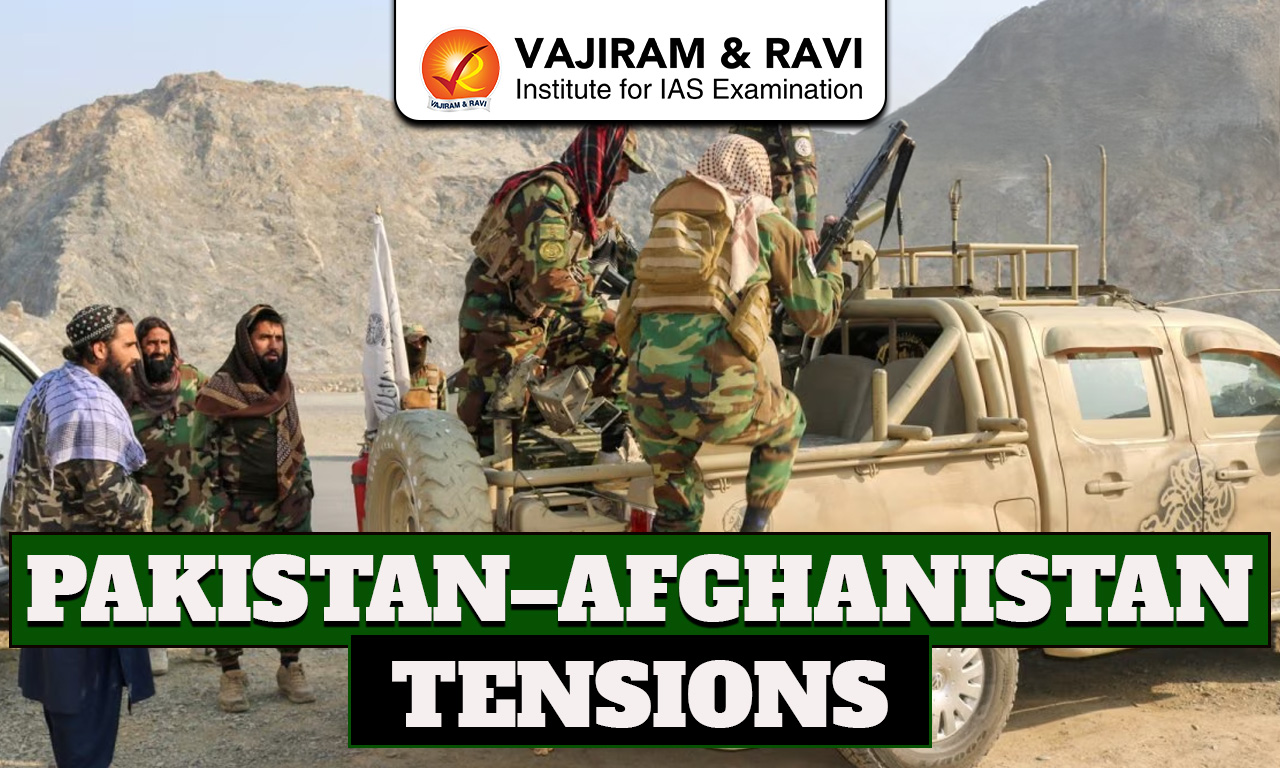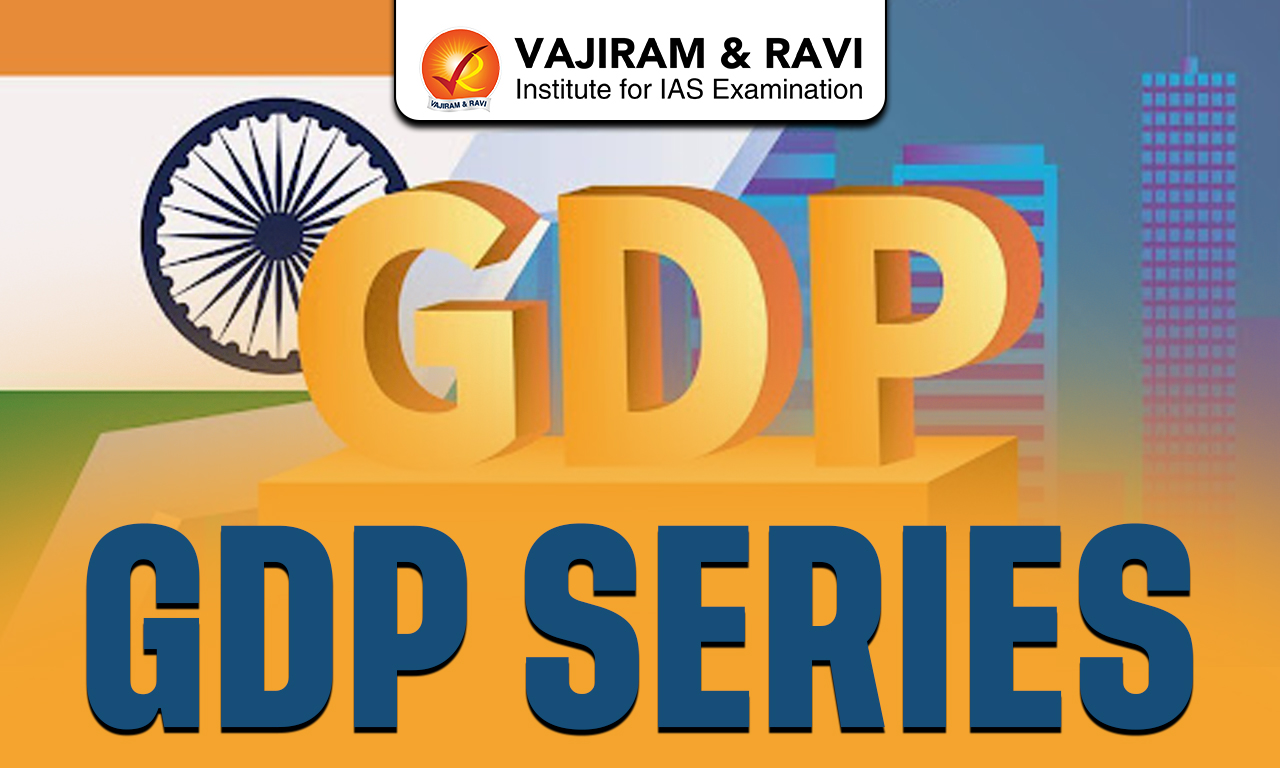What’s in today’s article?
- Why in News?
- What is a Narco Test?
- Narco Tests vs Polygraph Tests
- SC’s Guidelines in Selvi vs State of Karnataka (2010)
- What is the Evidentiary Value of Such Tests?
- Legal Position before the SC Ruling
Why in News?
- Protesting wrestlers at Jantar Mantar recently said they were willing to undergo a narco analysis test, provided it was monitored by the Supreme Court.
- The remark was made in response to Wrestling Federation of India (WFI) president comment that he was ready to undergo the narco test on the condition that wrestlers take one too.
What is a Narco Test?
- In a ‘narco’ or narco analysis test, a drug called sodium pentothal is injected into the body of the accused, which transports them to a hypnotic or sedated state in which their imagination is neutralised.
- Sodium pentothal/sodium thiopental is a fast-acting, short-duration anaesthetic used in larger doses to sedate patients during surgery.
- It belongs to the barbiturate class of drugs that act on the central nervous system as depressants.
- Because the drug is believed to weaken the subject’s resolve to lie, it is sometimes referred to as a “truth serum”, used by intelligence operatives first during World War II.
- In this hypnotic state, the accused is understood as being incapable of lying and is expected to give information that is true.
Narco Tests vs Polygraph Tests:
- Polygraph tests, although having the same truth-decoding motive, work differently.
- A polygraph test is carried out on the assumption that physiological responses triggered when one is lying are different from what they otherwise would be.
- Rather than injecting drugs into the body, polygraph tests attach instruments like cardio-cuffs or sensitive electrodes to the suspect (while being questioned) and measure variables such as blood pressure, pulse rate, respiration, etc.
SC’s Guidelines in Selvi vs State of Karnataka (2010):
- Taking into consideration the international norms on human rights, the right to a fair trial, and the right against self-incrimination under Article 20(3) of the Constitution, the court said that –
- A forcible intrusion into a person’s mental processes is an affront to human dignity and liberty.
- Therefore, the guidelines for the administration of polygraph tests published by the NHRC in 2000, must be strictly followed.
- Such tests cannot be administered without the subject’s consent, which must be obtained before a Magistrate.
- Those who volunteer must have access to a lawyer and have the physical, emotional, and legal implications of the test explained to them by the police and the lawyer.
What is the Evidentiary Value of Such Tests?
- The results of narco-analysis tests are not considered “confessions” since those in a drugged-induced state cannot exercise their choice in answering questions put to them
- However, the SC clarified that any information or material that is subsequently discovered with the help of voluntary administered test results can be admitted, in accordance with the Evidence Act, 1872.
- Thus, if an accused reveals a physical piece of evidence (like a murder weapon) and the police later find that evidence, the statement of the accused will not be treated as evidence, but the physical evidence will be valid.
Legal Position before the SC Ruling:
- In 2006, the Madras HC observed that since the accused did not come forward with the truth, the scientific tests resorted to by the investigating agency did not “amount to testimonial compulsion”.
- In 2008, the Delhi HC said that narco-analysis tests “do not suffer from any constitutional infirmity” and are a “step in aid of investigation”.
Narco Test FAQs
Q1) What is Article 20 of the Indian Constitution?
No person shall be convicted of any offence except for violation of a law in force at the time of the commission of the offence. No person shall be prosecuted and punished for the same offence more than once. No person accused of any offence shall be compelled to be a witness against himself.
Q2) What are the guidelines for the administration of polygraph tests published by the NHRC in 2000?
No Lie Detector Test should be administered without the consent of the accused. Option should be given to the accused as to whether he wishes to avail the test. If the accused volunteers for the tests, he should be given access to a lawyer.
Source: Protesting wrestlers say read for narco test: What is it, how does it work
Last updated on February, 2026
→ UPSC Notification 2026 is now out on the official website at upsconline.nic.in.
→ UPSC IFoS Notification 2026 is now out on the official website at upsconline.nic.in.
→ UPSC Calendar 2026 has been released.
→ UPSC Final Result 2025 is expected to be released in the first week of March 2026.
→ Check out the latest UPSC Syllabus 2026 here.
→ Join Vajiram & Ravi’s Interview Guidance Programme for expert help to crack your final UPSC stage.
→ UPSC Mains Result 2025 is now out.
→ UPSC Prelims 2026 will be conducted on 24th May, 2026 & UPSC Mains 2026 will be conducted on 21st August 2026.
→ The UPSC Selection Process is of 3 stages-Prelims, Mains and Interview.
→ Prepare effectively with Vajiram & Ravi’s UPSC Prelims Test Series 2026 featuring full-length mock tests, detailed solutions, and performance analysis.
→ Enroll in Vajiram & Ravi’s UPSC Mains Test Series 2026 for structured answer writing practice, expert evaluation, and exam-oriented feedback.
→ Join Vajiram & Ravi’s Best UPSC Mentorship Program for personalized guidance, strategy planning, and one-to-one support from experienced mentors.
→ Check UPSC Marksheet 2024 Here.
→ UPSC Toppers List 2024 is released now. Shakti Dubey is UPSC AIR 1 2024 Topper.
→ Also check Best UPSC Coaching in India


















